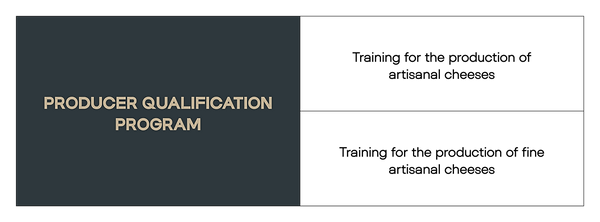
The Project



The Rio Mais Leite Project was conceived by the Instituto BioSistêmico (IBS) with the objective of promoting the development of dairy farming in the region of the municipalities of Valença and Volta Redonda, located in the south of the state of Rio de Janeiro, in the southeast of Brazil.
With the support of resources from the Zoetis Foundation in this initiative, the IBS proposes a set of activities and technological assistance resources, structured and modulated for the development and adaptation of the production process, improvement of the quality, health and productivity of milk in this region.
IBS consultancy is developed based on structured support for work groups formed by modules of 20 producers. In total, support is planned for 100 producers, with the development of individual and collective activities over 24 months.
The services provided by the Rio Mais Leite Project are carried out by a multidisciplinary team of consultants from the Instituto Biosistêmico, made up of agricultural engineers, veterinarians and zootechnicians.
Strategic Axes
The objectives of Rio Mais Leite are materialized through actions developed around the 5 strategic axes that integrate the links in the milk production process.

Strategies
The proposed solutions are based on the application of a set of consulting activities and resources, structured to adapt the production process and use production factors efficiently.
The table below illustrates the strategy and processes to be worked on, in addition to the problems to be solved.

Still in the context of development and advocating the productive chain and the valorization of local culture, two courses will be made available per year to improve learning about artisanal cheese production, according to the following program:

This program will be implemented with the support of innovation from the Mobile Cheese Factory, which has the basic equipment for artisanal cheese production, in compliance with production and health standards and processes.
All of these strategies will be implemented on the properties, through specific and complementary activities, as shown in the diagram below:

• Conducting consultations on the properties involved to share practical guidelines with producers, highlighting procedures and management necessary for implementing the agreed improvements.
• Training meetings include a learning program on artisanal cheese production and good practice measures to be implemented during the work.
• Provision of digital content through the CheckMilk app, with the aim of reinforcing learning and monitoring activities.